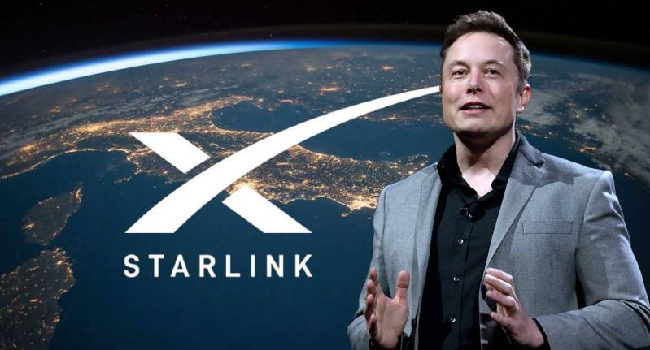adverts
Elon Musk’s Starlink has halted internet services in Zimbabwe until it receives licensing approval from the nation’s telecommunications regulator, a top official said.
The Posts and Telecommunications Regulatory Authority of Zimbabwe said it asked Starlink to disconnect all kits that were illegally operating in the Southern African nation, according to Gift Machengete, the director-general at the authority.
“Its 100% true that we have asked them to disable those that are connected until they regularise,” he said by phone on Friday from Harare. “This is illegal, how can we allow people to broadcast before they are licensed?”
adverts
Starlink on Friday notified users in Zimbabwe that the regulator directed it “to disable the service”.
Machengete said he spoke with Musk on Thursday and asked that SpaceX, Starlink’s parent company, first submit a formal application to provide services in Zimbabwe.
“It was a very cordial meeting and he understood what we are doing,” Machengete said. “I don’t think it will take a very long time once they have submitted.”
Trade in Starlink kits has boomed in Zimbabwe, especially on the informal market. Traders used social media platforms to advertise sales and a single kit could fetch as much as $1.249. Earlier this year, Portraz clamped down on the illegal use of Starlink, with police arresting citizens found using the service.
StarLink which serves more than 2.6 million customers globally delivers broadband internet beamed down from a network of about 5 500 satellites that SpaceX started deploying in 2019. Zimbabwe is among several African nations, including neighbouring South Africa, that haven’t licensed the service.


